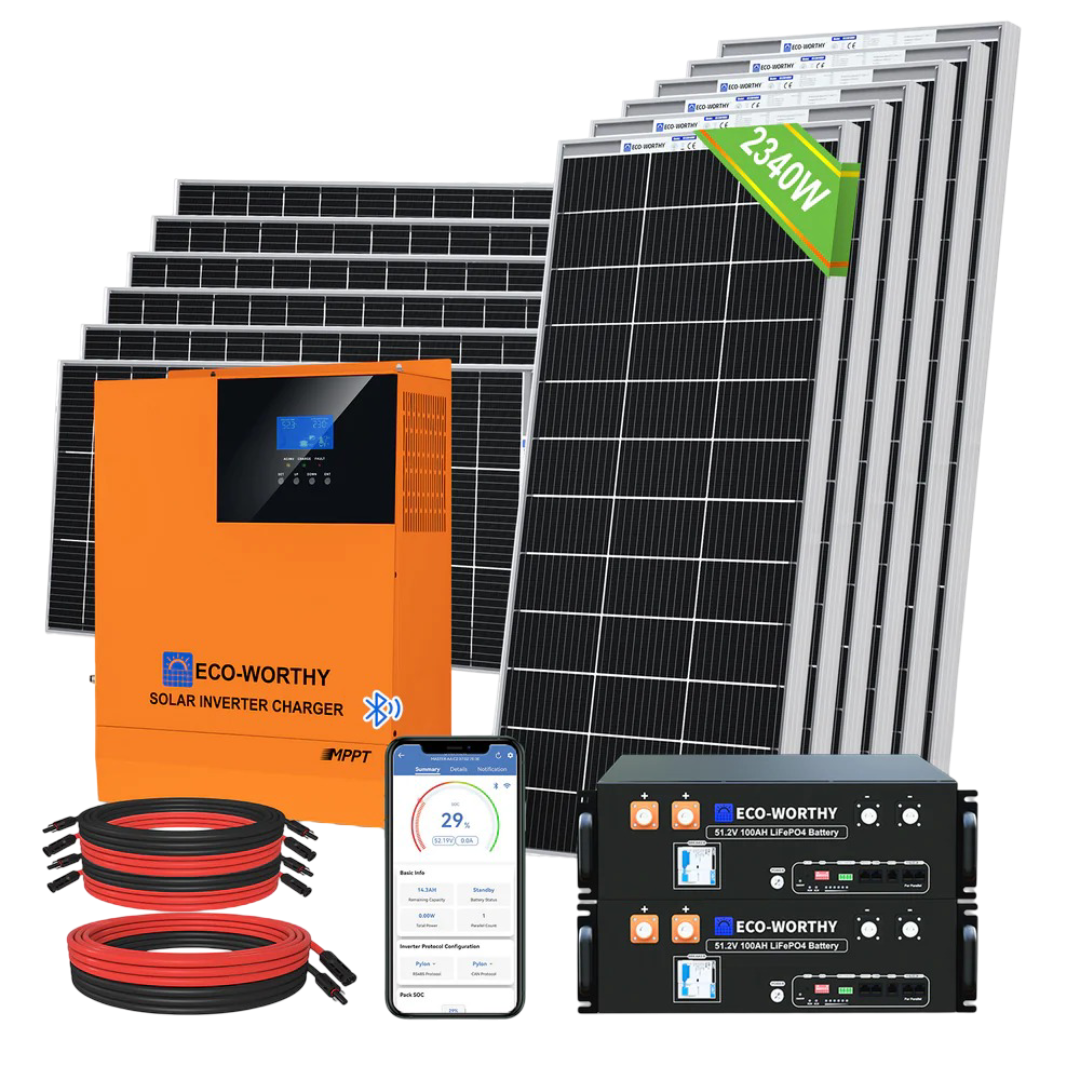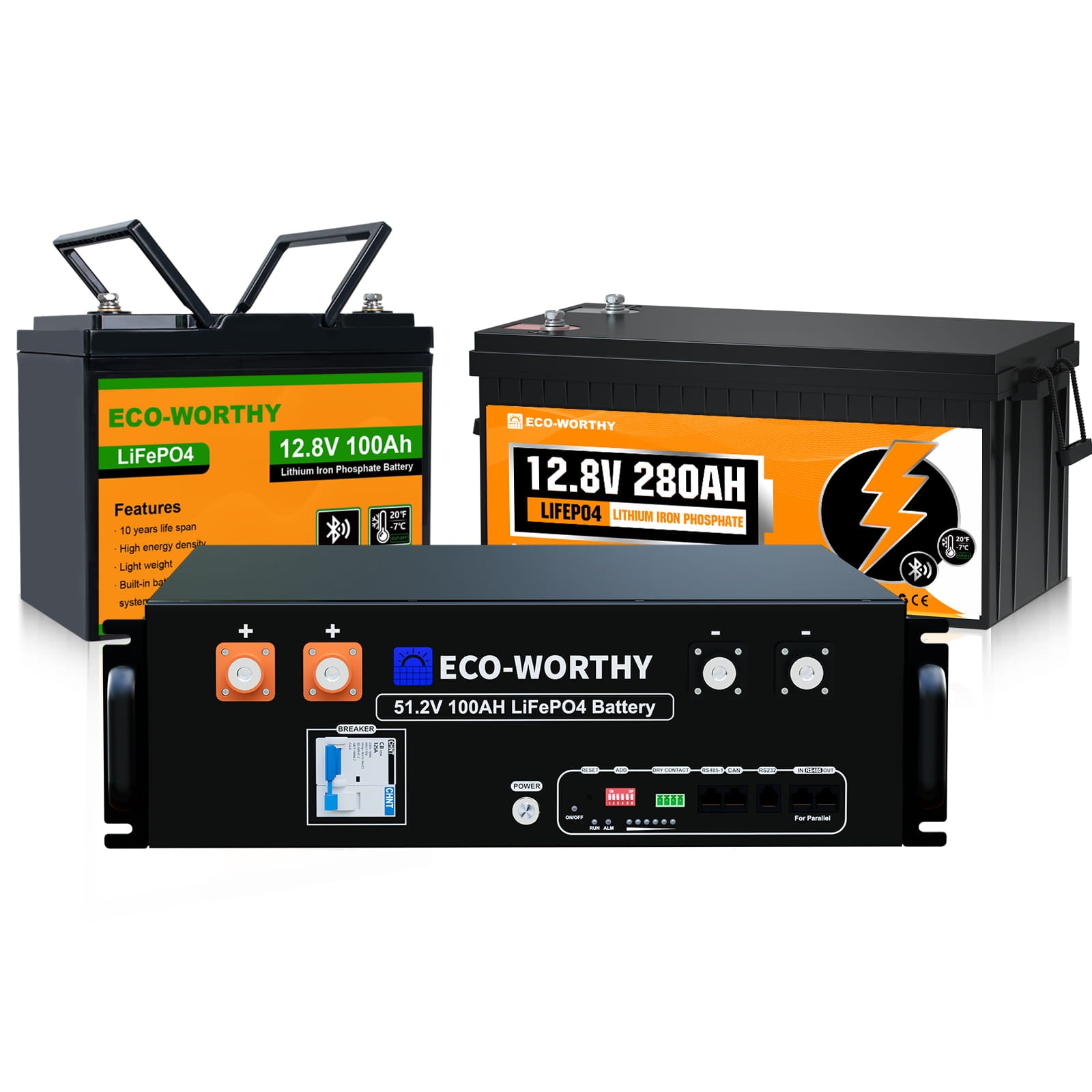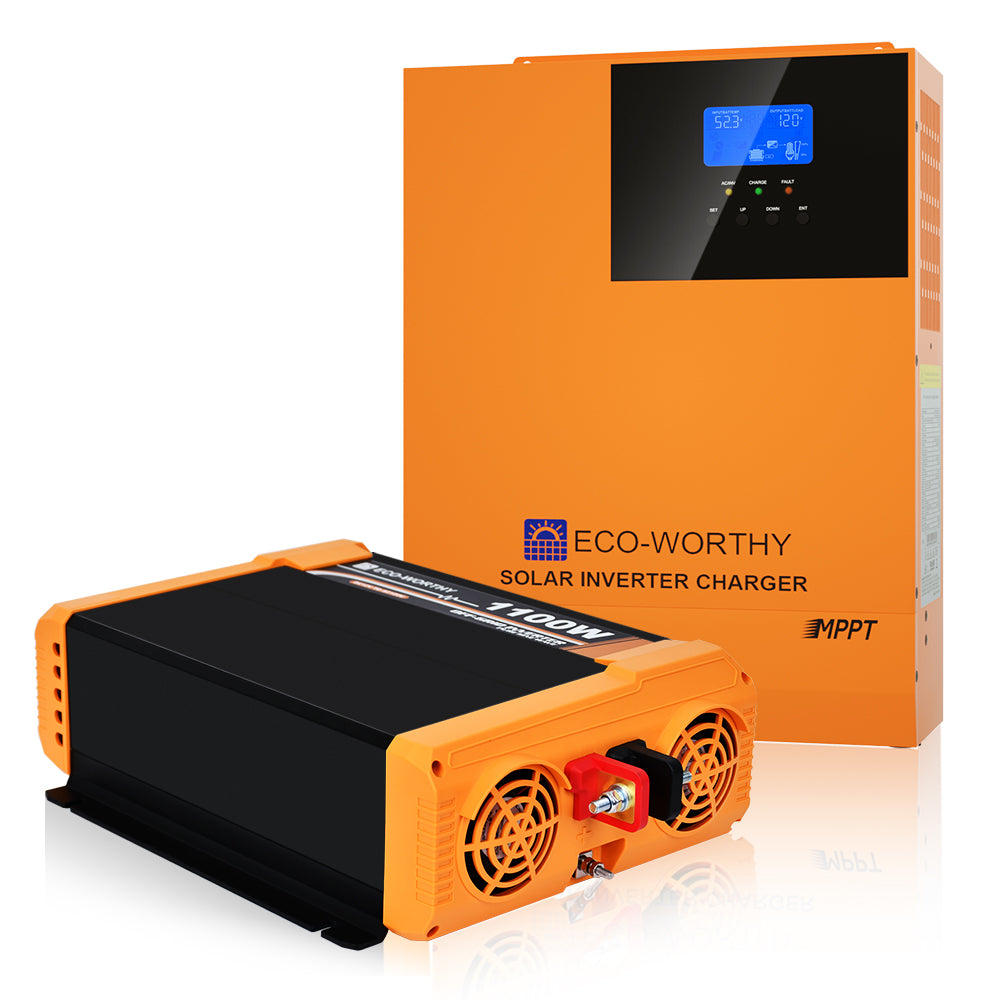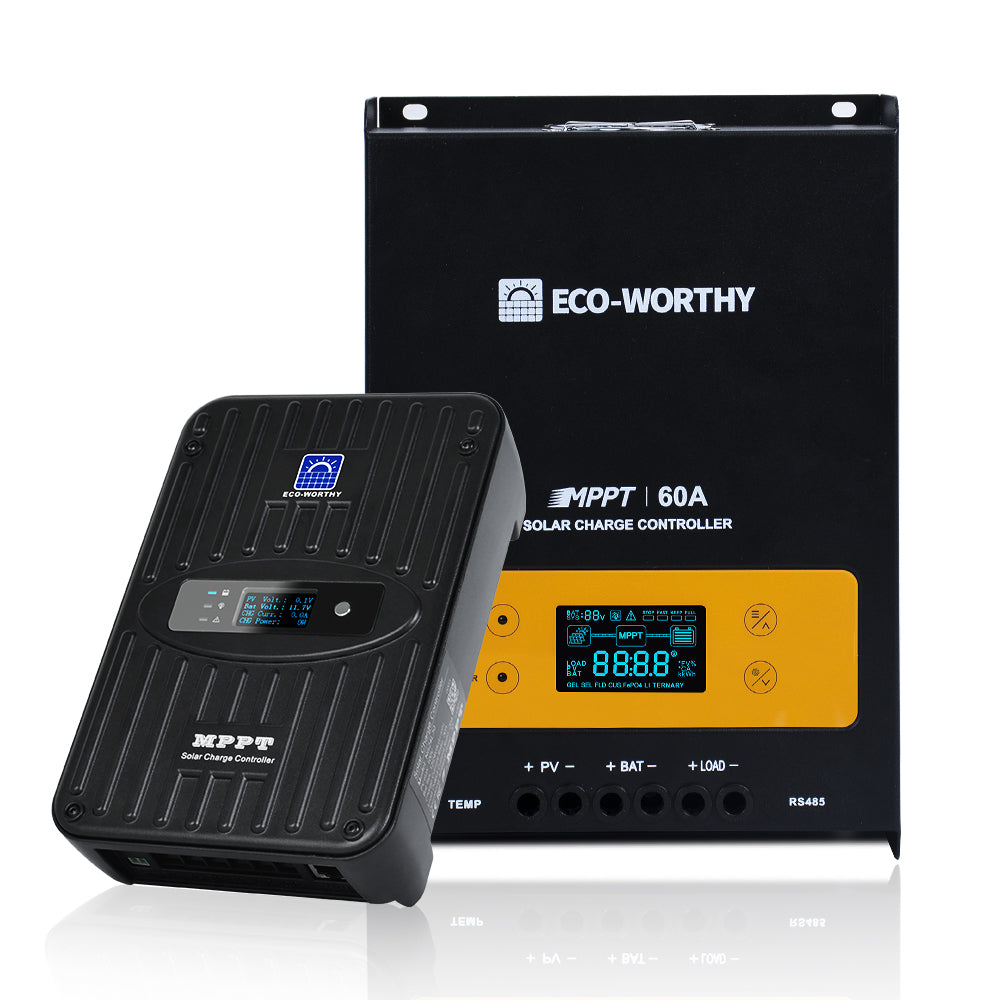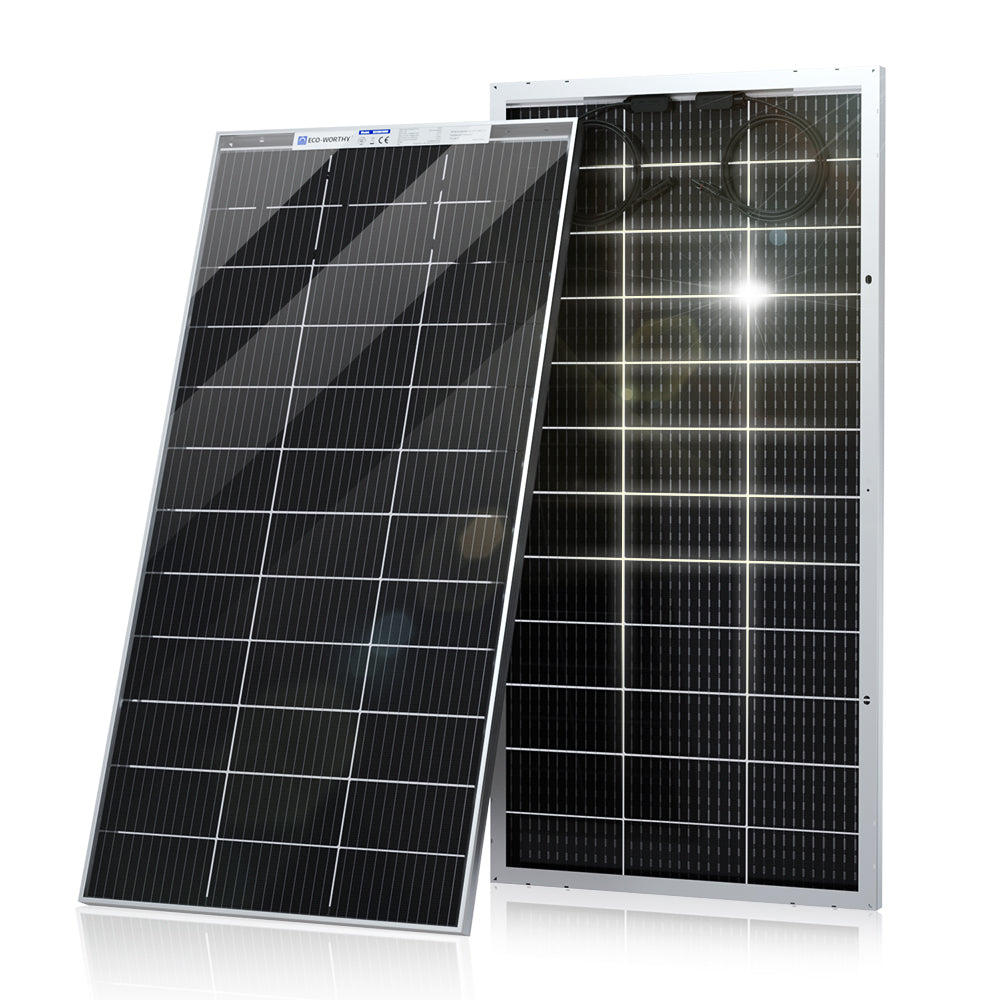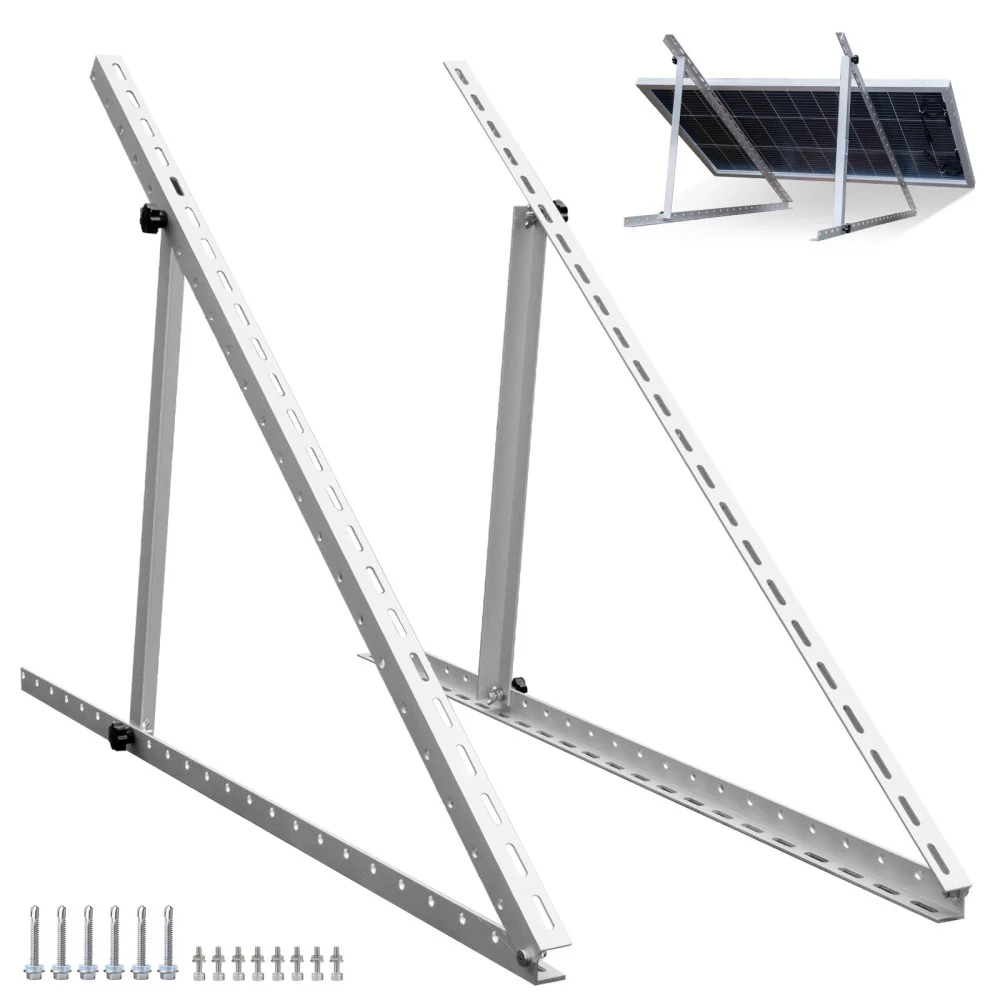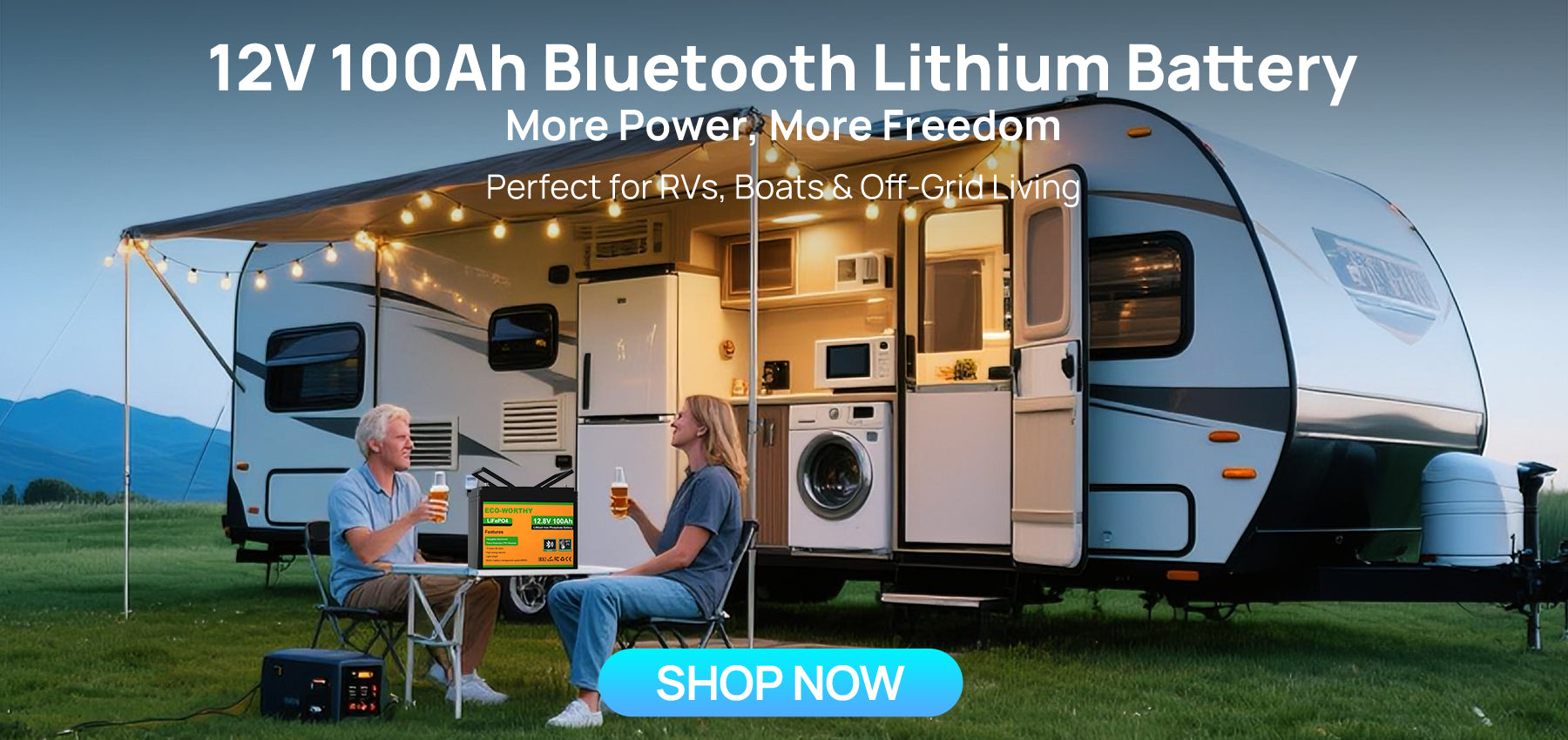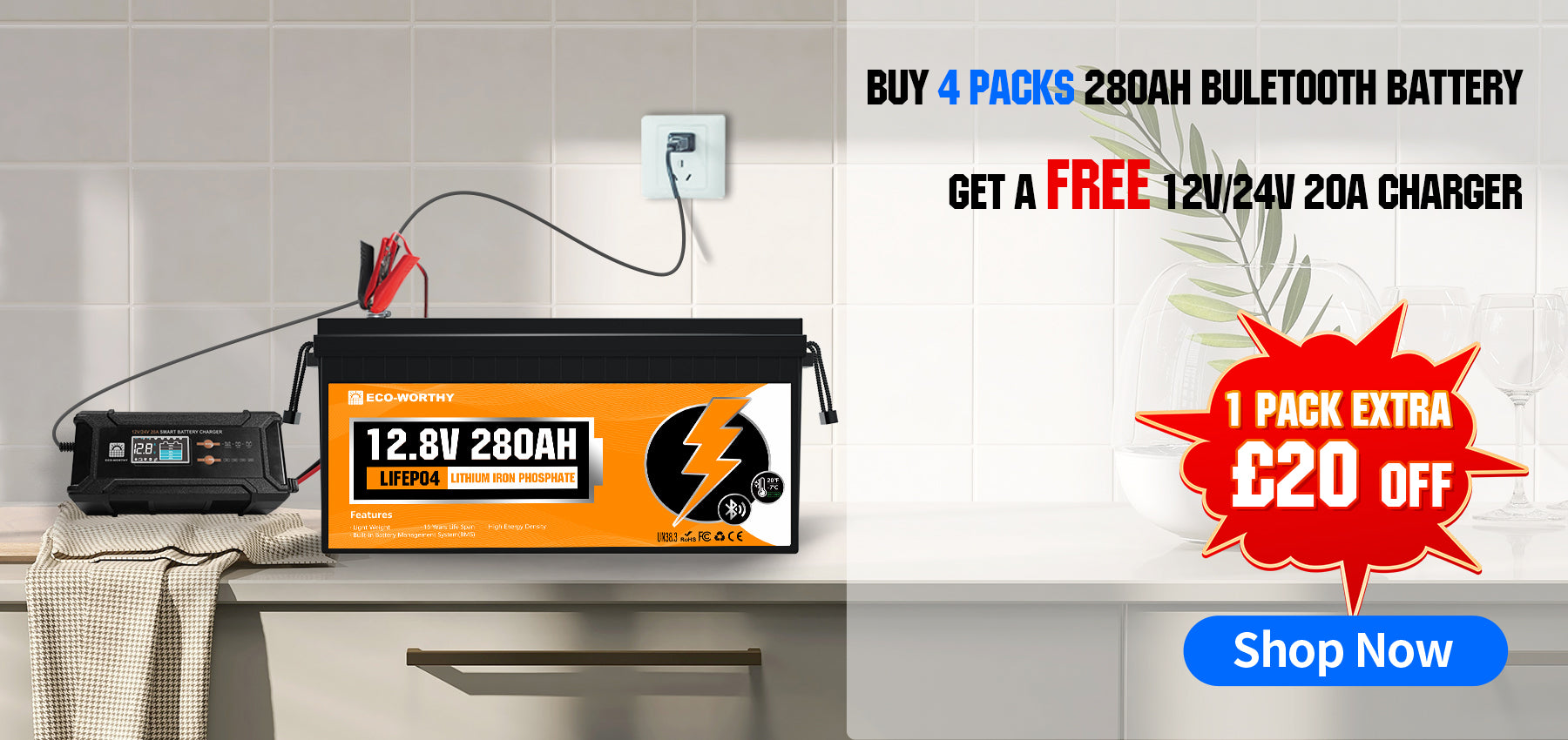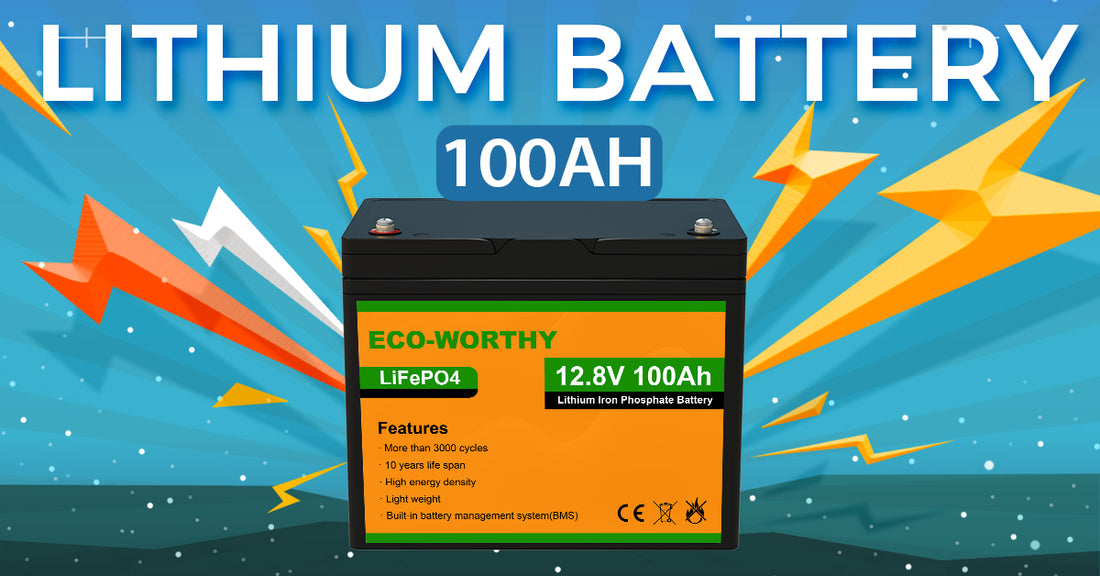Navigation
- Three Main Types of Lithium Batteries
- Applications for Different Lithium Batteries
- How to Choose the Best Lithium Battery for Your Needs
- Power Your World with the Right Lithium Battery
Lithium batteries are everywhere in our modern world, from the phones in our pockets to the cars we drive. But did you know there are different types of lithium batteries, each with its own unique features and benefits? In this article, we'll take a closer look at three common types: Lithium Iron Phosphate (LiFePO4), Lithium-Ion (Li-Ion), and Lithium Polymer (Li-Poly). We'll compare their performance, discuss their best uses, and help you decide which one is right for your needs.
A Quick Comparison of LiFePO4, Li-Ion, and Li-Poly Batteries
|
Feature |
LiFePO4 |
Li-Ion |
Li-Poly |
|
Energy Density |
Lowest |
Highest |
Medium |
|
Safety |
Safest |
Less safe than LiFePO4 |
Less safe than LiFePO4 |
|
Lifespan (Charge Cycles) |
2,000+ |
Shorter than LiFePO4 |
Shorter than LiFePO4 |
|
Common Applications |
Solar energy storage, electric vehicles, backup power, RVs and boats |
Phones, laptops, power tools, medical devices |
Wearable devices, RC models, thin devices |
|
Unique Features |
Long lifespan, safe, reliable |
High power output, compact size, fast charging |
Slim, lightweight, flexible design |
|
Ideal Use Cases |
Applications requiring long life and safety |
Devices needing high power in a small size |
Very thin or oddly shaped devices |
Three Main Types of Lithium Batteries
There are three common types of lithium batteries, each with its own unique features and benefits. Let's take a closer look at LiFePO4, Li-Ion, and Li-Poly batteries.
1. LiFePO4 Batteries: The Long-Lasting Choice
LiFePO4 (Lithium Iron Phosphate) batteries are known for their long lifespan and safety.
- More Charge Cycles: LiFePO4 batteries can be charged and discharged up to 2,000 times or more before they need to be replaced. That's about four times longer than most lead-acid batteries.
- Safer to Use: LiFePO4 batteries are much less likely to overheat or catch fire compared to other types. They can withstand high temperatures and are safer to use in homes and vehicles.
2. Li-Ion Batteries: Powerful and Compact
Li-Ion (Lithium-Ion) batteries are popular because they pack a lot of power into a small size.
- High Energy Density: Li-Ion batteries can store about 150 watt-hours of electricity in 1 kilogram of battery. That's about 1.5 to 3 times more than LiFePO4 batteries.
- Common in Electronics: Many devices like smartphones, laptops, and cordless drills use Li-Ion batteries because they are small and lightweight but still provide a lot of power.
3. Li-Poly Batteries: Slim and Adaptable
Li-Poly (Lithium Polymer) batteries are known for their slim design and flexibility.
- Many Shapes and Sizes: Li-Poly batteries can be made in almost any shape, so they can fit into very thin or oddly shaped devices like smartwatches or drones.
- Lightweight and Thin: Li-Poly batteries can be up to 20% lighter and about 20% thinner than Li-Ion batteries of the same capacity. That's why they are often used in very compact devices.
4. How Do They Compare?
Here's a quick comparison of the three battery types:
- Energy Density: Li-Ion batteries usually store the most energy for their size, followed by Li-Poly and then LiFePO4. However, LiFePO4 batteries are still a great choice for many applications.
- Safety: LiFePO4 batteries are generally the safest type of lithium battery. They are much less likely to catch fire than Li-Ion or Li-Poly batteries, even if they are damaged or overcharged.
- Price and Performance: LiFePO4 batteries usually cost more than Li-Ion or Li-Poly batteries of the same capacity. But because they last much longer, they can be a better value in the long run. Li-Ion and Li-Poly batteries have great performance but may wear out faster.
Now that you know the main differences between LiFePO4, Li-Ion, and Li-Poly batteries, you can better choose the right type for your needs.
Applications for Different Lithium Batteries
Different lithium battery types excel in various applications, each offering unique benefits based on their specific characteristics.
1. When to Use LiFePO4 Batteries
LiFePO4 batteries are a great choice for applications that require long life, safety, and reliability.
- Solar Energy Storage: A 100Ah 12V LiFePO4 battery can store about 1.2 kWh of energy from solar panels, enough to power a small fridge for a day or a few lights and devices for a weekend camping trip.
- Electric Vehicles: A 200Ah 48V LiFePO4 battery pack can power an electric car for about 200-300 miles on a single charge, with a lifespan of over 2,000 charge cycles (about 10 years of daily use).
- Backup Power: A 500Ah 24V LiFePO4 battery bank can provide backup power for a home or small business for 12-24 hours during a power outage, with a lifespan of over 10 years.
- RVs and Boats: A 200Ah 12V LiFePO4 battery can power an RV or boat's appliances and devices for a weekend or longer, with no maintenance required and no risk of leaks or spills.
2. When to Use Li-Ion Batteries
Li-Ion batteries are best for compact, high-performance devices that need a lot of power.
- Phones and Laptops: A typical smartphone battery (around 3,000mAh 3.7V) can last a full day or more on a single charge, while a laptop battery (around 5,000mAh 11.1V) can power the device for several hours of use.
- Power Tools: A 20V 5Ah Li-Ion battery can power a cordless drill or saw for several hours of continuous use, with a fast recharge time of around 1 hour.
- Medical Devices: A portable oxygen concentrator with a 3,000mAh 12V Li-Ion battery can provide oxygen therapy for up to 4 hours on a single charge, with a lifespan of several years.
3. When to Use Li-Poly Batteries
Li-Poly batteries are ideal for applications that require a thin, lightweight, or flexible battery.
- Wearable Devices: A smartwatch with a 300mAh Li-Poly battery can last for several days on a single charge, while wireless earbuds with 50mAh batteries can play music for 3-4 hours.
- RC Models: A high-performance RC car with a 5,000mAh 11.1V Li-Poly battery can reach speeds of over 60 mph and run for 20-30 minutes on a single charge.
- Thin Devices: An ultra-thin laptop with a 4,000mAh Li-Poly battery can be less than 0.5 inches thick and weigh under 2 pounds, while still providing several hours of battery life.
When you know what each type of lithium battery is best at and what it's most commonly used for, you'll be able to choose the right battery for your needs with confidence.
How to Choose the Best Lithium Battery for Your Needs
When selecting a lithium battery for your application, consider the specific requirements and strengths of each type.
1. Renewable Energy Systems: LiFePO4 for Long Life and Safety
For solar-powered homes or remote installations, LiFePO4 batteries are the best choice. They offer a long lifespan (10+ years), excellent safety, and reliable performance. A 48V 200Ah LiFePO4 battery bank can store enough energy to power essential devices for several days.
2. High-Power Devices: Li-Ion for Compact Size and Fast Charging
For devices that need a lot of power, like cordless tools, drones, or electric bikes, Li-Ion batteries are the way to go. They provide high power output in a compact size and can recharge quickly (1-2 hours). A 36V 10Ah Li-Ion battery pack can provide up to 1,000 watts of continuous power.
3. Wearables and Ultra-Thin Devices: Li-Poly for Slim, Flexible Design
For smartwatches, fitness trackers, or ultra-thin laptops, Li-Poly batteries are the best fit. They can be made in custom shapes to fit in very thin devices (less than 0.3 inches thick) while still providing several days of battery life.
4. Electric Vehicles: Choose the Right Battery for Your Needs
For electric vehicles, the choice between LiFePO4 and Li-Ion depends on your specific needs. LiFePO4 batteries last longer and have better heat protection, making them ideal for heavy-duty vehicles like buses or trucks. Li-Ion batteries, on the other hand, are lighter and charge faster, making them a good choice for passenger cars or high-performance vehicles.
No matter what type of battery you choose, always buy from a trusted brand. Look for batteries with built-in safety features and a battery management system (BMS) that works with your device.
Power Your World with the Right Lithium Battery
Knowing what each type of lithium battery does best is the key to choosing the right one for your needs. LiFePO4 batteries are great for long life and safety, Li-Ion batteries pack a lot of power into a small package, and Li-Poly batteries are perfect for slim, flexible devices. Think about what's most important for your application, and go with the battery that checks all the right boxes. So, whether you're powering your home, your tools, or your favorite gadgets, make sure you choose the lithium battery that's right for you.

